EU says has no choice but to engage with Taliban
The European Union (EU)’s top diplomat says the bloc has no choice but to hold talks with the Taliban in Afghanistan and that Brussels will try to coordinate with member states to organize a diplomatic presence in Kabul, following the group’s shock seizure of the war-torn country that ended a 20-year-long foreign presence.
"To have any chance of influencing events, we have no other options but to engage with the Taliban,” EU foreign policy chief Josep Borrell told the European Parliament in Strasbourg on Tuesday.
“Engaging doesn't mean recognition, not, but engaging means talking, discussing and agreeing, when possible. With the European Union foreign ministers, the Council, we agreed that the level and nature of this engagement will depend on the actions of the new government," he added.
Borrell pointed to plans for organizing an EU presence in Afghanistan, saying, “We are considering a European Union presence in Kabul… We still have a delegation that - since it's not an embassy, since we are not a state - can be used as an office if the security conditions are met in order to discuss with the government in a closer way than through video conference or through messages."
The top diplomat added that the bloc would stress the importance of human rights in talks with the Taliban even though this may be a “pure oxymoron.”
Last week, the EU criticized the Taliban after they announced the formation of a caretaker government in Afghanistan, saying the new cabinet is neither "inclusive" nor "representative" of Afghanistan’s ethnic and religious diversity.
The bloc has for now frozen more than one billion euros in development funds to Afghanistan.
The government of Afghanistan rapidly collapsed on August 15 and president Ashraf Ghani fled the country in the face of the lightning advances of the Taliban that followed US President Joe Biden’s decision to withdraw the American troops in a disastrous pullout.
On September 7, the Taliban announced the formation of a caretaker government.
The group first ruled Afghanistan from 1996 to 2001 until the United States invaded the country and toppled the Taliban-run government in 2001 on the pretext of fighting terrorism following the September 11 attacks in the US.
Taliban seeking ‘good relations’ with world: Acting FM
In another development on Tuesday, Afghanistan's acting Foreign Minister Amir Khan Muttaqi described as “positive” international reactions to the Taliban government and said the group seeks to have “good relations” with the world.
“We have very good relations with the United Nations, and with neighboring and regional countries. So far the reaction towards the Islamic Emirates from many countries of the world has been positive, we see very few negative responses," Muttaqi said. "We want good relations with the international community, we want mutual relations.”
Denouncing the language of force and threats against his country, the Afghan diplomat added, “Our demand from the international community is not to put any further pressure on the Afghans. The policy of aggression has not yielded any results in 20 years, it will not do so in the future.”
Muttaqi underlined that, “We should try to move towards a positive direction, to take the path of diplomacy and economic cooperation. Peace and prosperity in Afghanistan will be to the advantage of the entire world."
The acting foreign minister also thanked the international community for pledging hundreds of millions of dollars in emergency aid to Afghanistan, saying the Taliban would spend donor money wisely and use it to alleviate poverty.
"We thank and welcome the world's pledge for about one billion dollars in aid and ask them to continue their assistance to Afghanistan," Muttaqi said. "The Islamic Emirate will try its best to deliver this aid to the needy people in a completely transparent manner."
A donor conference in Geneva on Monday ended with pledges of $1.2 billion in aid for Afghanistan, which is already heavily dependent on aid and facing an economic crisis following years of conflict.
Leader’s advisor warns of ‘deep’ retaliatory strikes into occupied territories
US Department of Justice releases millions of Epstein files, then pulls pages citing ‘rape’ by Trump
VIDEO | EU blacklists anti-terror organization
VIDEO | 44th Fajr Theater Festival underway in Tehran
VIDEO | Press TV's news headlines
VIDEO | Oil workers' march in support of reform of Venezuela's main oil law
VIDEO | Malaysians hold rally in front of Iranian embassy to condemn US, Israel threats
Israel to partially reopen Rafah border crossing after long closure


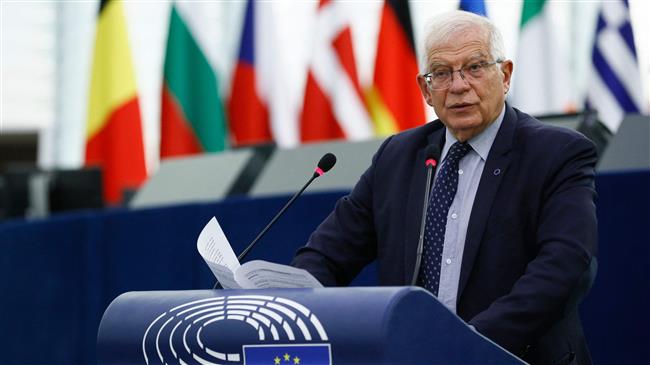
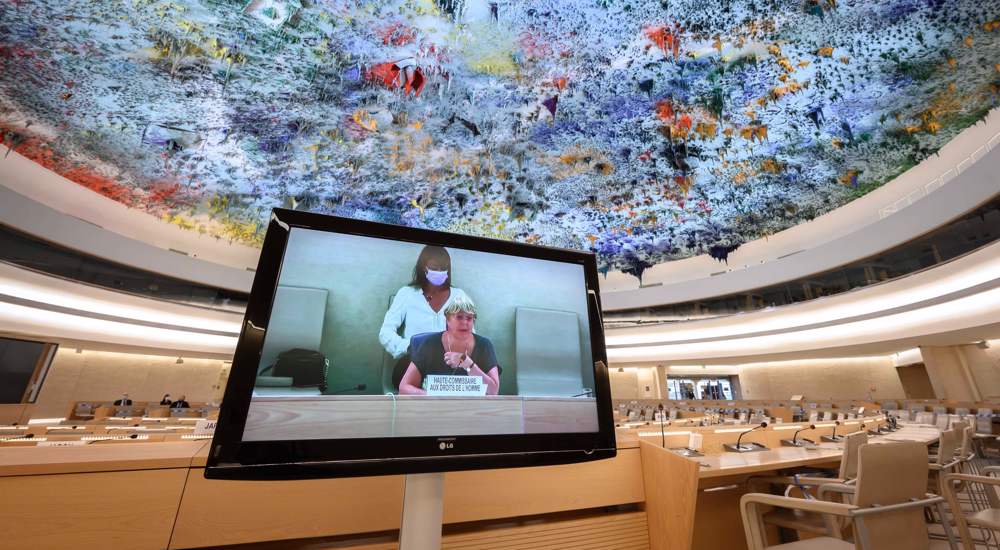
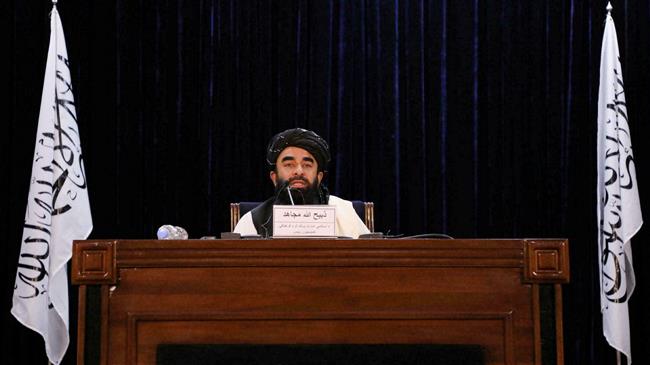
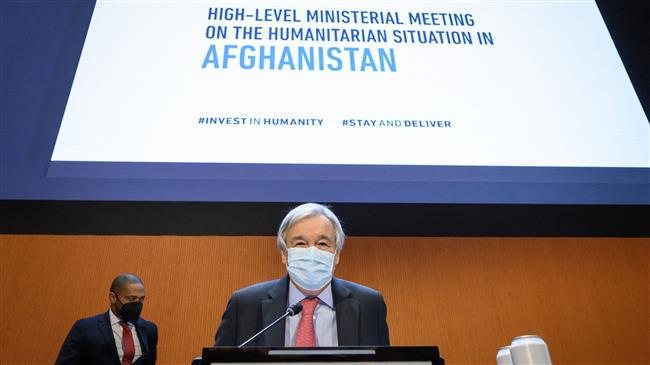
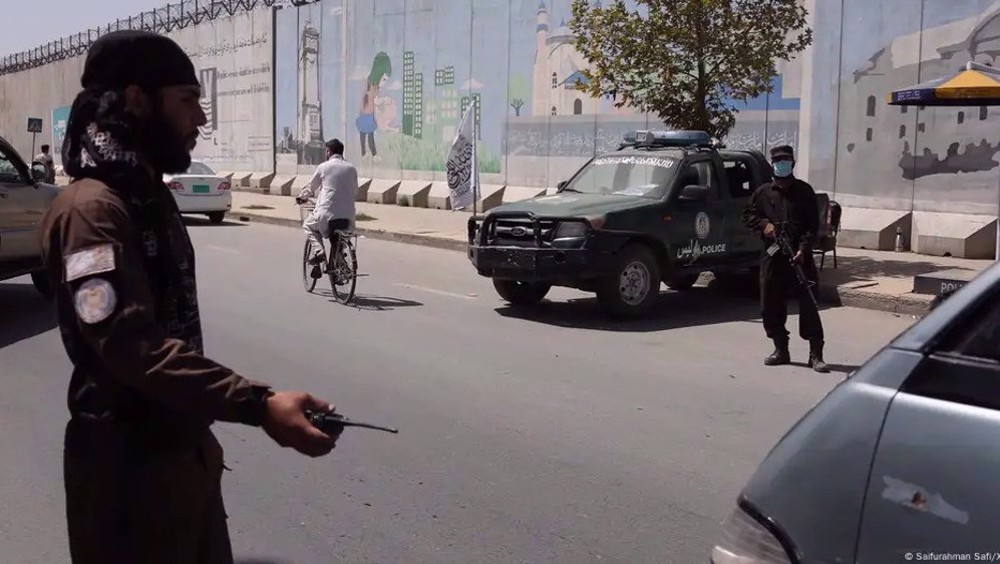
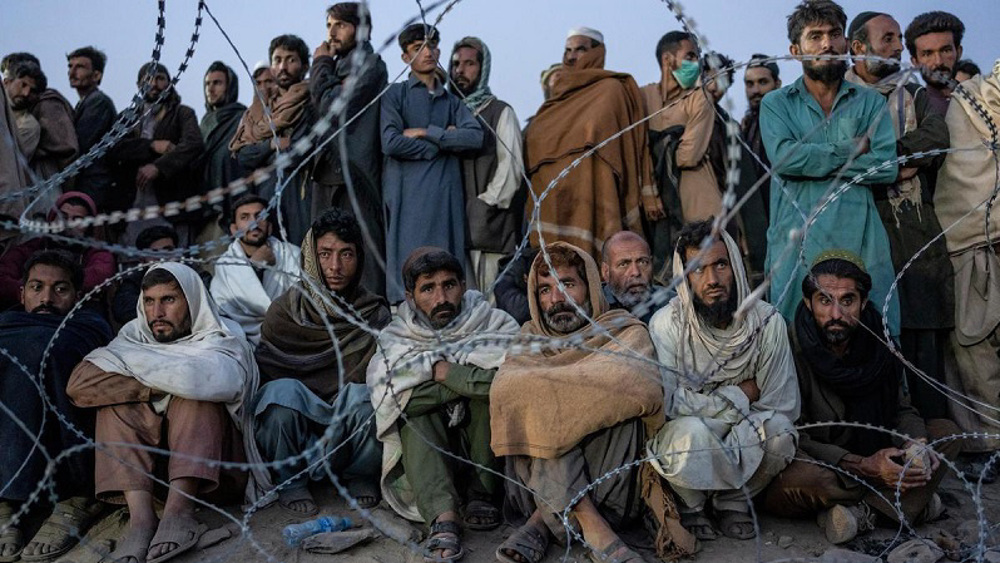





 This makes it easy to access the Press TV website
This makes it easy to access the Press TV website